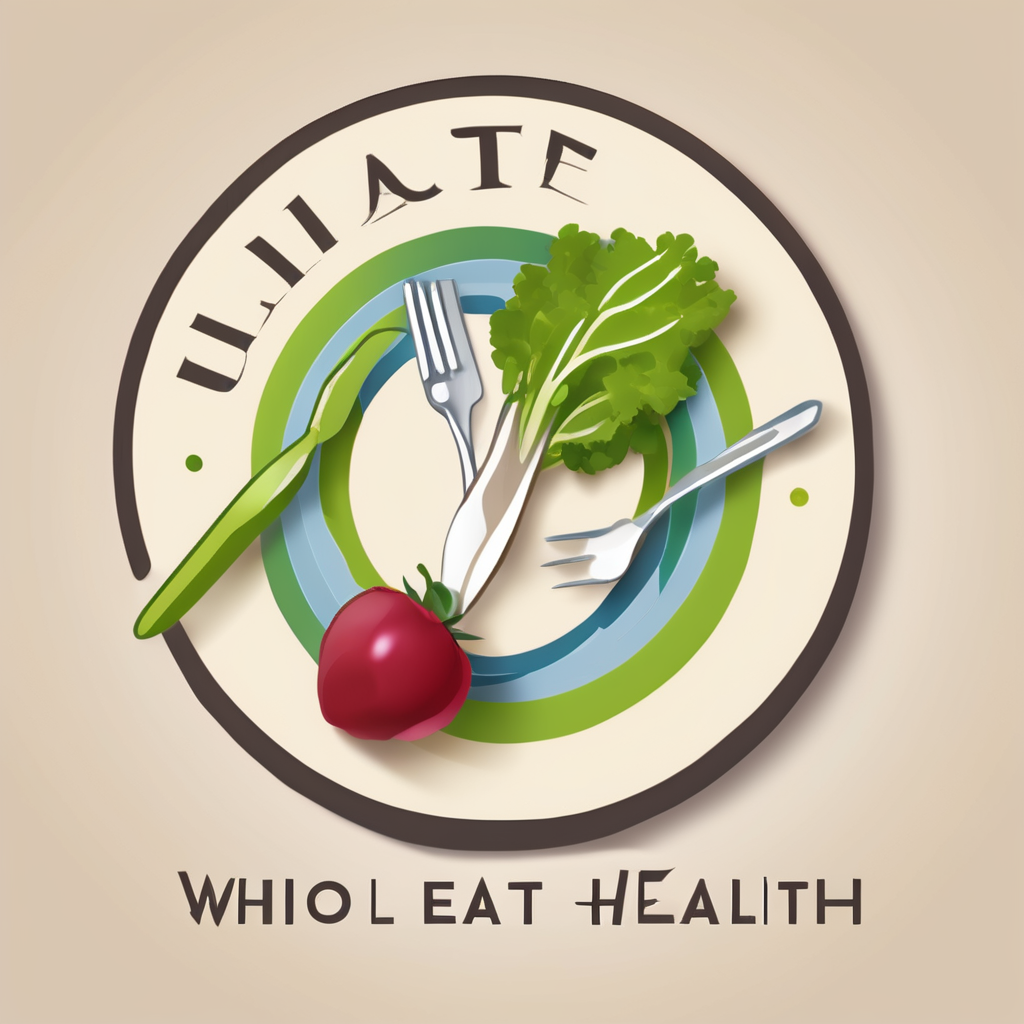Importance of Recording Pregnancy Milestones and Health Records
Keeping track of pregnancy milestones and health records is fundamental for both health and personal reasons. Detailed records provide invaluable insights into the prenatal care journey, ensuring that both the mother and the healthcare provider understand the unique needs and progress of the pregnancy. This comprehensive documentation supports informed healthcare decisions. When milestones are accurately tracked, any potential issues can be identified early, allowing for timely interventions that could significantly impact outcomes.
A well-maintained record of health checks, dietary adjustments, and emotional experiences not only provides a map of progress but also serves as a cherished keepsake for personal reflection. Additionally, capturing milestones such as first kicks or changes in development brings emotional benefits and strengthens the connection between the expectant mother and her baby.
Also to see : Essential Insights on Advanced Maternal Age: Key Considerations for UK Women Welcoming Their First Child After 35
Accurate documentation plays a pivotal role in healthcare decisions. Whether it is deciding on the right nutritional plan or identifying necessary lifestyle changes, having detailed records allows healthcare providers to tailor care to the specific progress and needs of the individual pregnancy. This personalized approach can significantly enhance health outcomes, making the journey smoother and more enjoyable.
Key Milestones to Track During Pregnancy
Tracking pregnancy milestones is essential for expecting parents. These milestones guide you through the pregnancy timeline and help you stay informed about important health checks, tests, and emotional support systems. Let us explore these key milestones trimester by trimester.
Also to discover : Exploring the Groundbreaking Advances in Non-Invasive Prenatal Testing Across the UK
First Trimester Milestones
The first trimester brings significant changes and milestones. Expectant mothers often experience notable physical changes such as morning sickness and breast tenderness. Health checks during this period are crucial, including important screenings like blood tests and ultrasounds around the 11th to 14th week to assess the baby’s development and detect chromosomal conditions such as Down syndrome.
Emotionally, this trimester can be overwhelming, with heightened emotions being common. It’s essential to establish a support system, whether through family, friends, or professional counseling. Understanding these emotional milestones can help you navigate this exciting yet challenging time, ensuring you have the necessary support.
Discussing concerns with healthcare professionals can also provide peace of mind during early pregnancy. Engaging with childbirth education classes and joining pregnancy support groups can additionally offer valuable emotional support and information. These insights prepare you for the journey ahead and ensure both physical and emotional well-being.
Recommended Tools for Tracking Pregnancy Records
Pregnancy is a transformative journey that benefits greatly from organised tracking. Many pregnancy apps are available, each offering unique features to help document milestones. Some popular apps provide reminders for prenatal appointments, track baby’s growth week-by-week, and offer educational content tailored to each stage of pregnancy. These apps are invaluable for maintaining an up-to-date health record at your fingertips.
However, for those who prefer tangible documentation, health record templates serve as an excellent alternative. Printable templates can be filled out by hand, allowing for a personal and intimate record-keeping experience. This method ensures that important information is readily accessible without the need for digital devices.
For more technologically inclined individuals, documentation tools offer the perfect blend of precision and convenience. These digital platforms enable users to update and access pregnancy records effortlessly, ensuring that all critical health data is organised and easy to share with healthcare providers. By choosing the right tools, expectant parents can enjoy a seamless and stress-free way to track their pregnancy journey.
Legal Considerations for Recording Health Records in the UK
When it comes to recording health records, understanding UK health regulations is crucial, particularly concerning patient rights and legal documentation. Pregnant individuals have specific rights regarding their medical records. Under UK laws, these records are confidential, owned by the NHS, and accessible upon request. It’s vital to know that healthcare providers must maintain transparency and provide you with clear information about your medical data.
Sharing records with healthcare providers requires best practices. Always ensure any exchange of information is conducted via secure channels. Confirm with your healthcare provider the method used complies with legal requirements, safeguarding your sensitive data.
The General Data Protection Regulation (GDPR) heavily influences personal health documentation. It mandates that individuals have the right to access their data, request corrections, and understand how their data is utilized. This ensures that your personal health information is adequately protected under GDPR, reinforcing your rights as a patient.
Being informed about your rights and available safeguards empowers you to manage health records effectively while respecting UK regulations. Always consult with your healthcare provider or legal advisor for specific advice regarding your situation.
Best Practices for Documenting Health Records
Developing effective strategies for health record management is crucial for ensuring accuracy and organization. One fundamental strategy is adopting a consistent system for recording information. This includes establishing a standard format for documenting health data, which can streamline the process and reduce errors. Keeping data consistent helps facilitate easy retrieval and comprehension.
When documenting, it’s essential to include comprehensive health data. Important information to note in personal records encompasses medical history, medications, allergies, and vaccination records. Including details about surgeries, family medical history, and lifestyle habits is beneficial for both personal tracking and professional consultations. These elements provide a full picture of an individual’s health status.
Regular review and update of health records are strategies that cannot be overlooked. This involves setting a routine for checking personal health data, ideally aligning updates with medical appointments or significant health changes. Effective documentation tips include maintaining digital backups and ensuring records are accessible yet secure. Consistent upkeep ensures that health records remain current and serve as reliable tools for managing personal health. In essence, implementing a structured approach to health record management enhances both personal health insight and the quality of care received.
Resources and Additional Support
Navigating the journey of pregnancy is enriched by access to diverse resources and support networks. In the UK, reputable websites offer comprehensive informational guides to assist expectant parents. For instance, the NHS provides a wealth of data on stages of pregnancy, nutrition, and prenatal care. Leveraging these resources ensures that parents are well-informed.
Community resources play a vital role in supporting expectant parents. Local support groups provide a nurturing environment where parents can share experiences and gain insights. Hospitals and community centres often organize these groups, fostering a sense of camaraderie and shared understanding.
Online forums also serve as vital platforms where parents can engage with others in similar situations. Websites like Netmums and Mumsnet offer vibrant communities where experiences, tips, and advice are exchanged. This sense of community is invaluable, creating a tapestry of shared knowledge and support.
Support networks can include both formal and informal structures. From antenatal classes to neighbourhood parenting groups, these networks aid in emotional and practical preparation for parenting. Embracing these resources can significantly smooth the transition into parenthood, ensuring parents feel supported and informed at every step.











